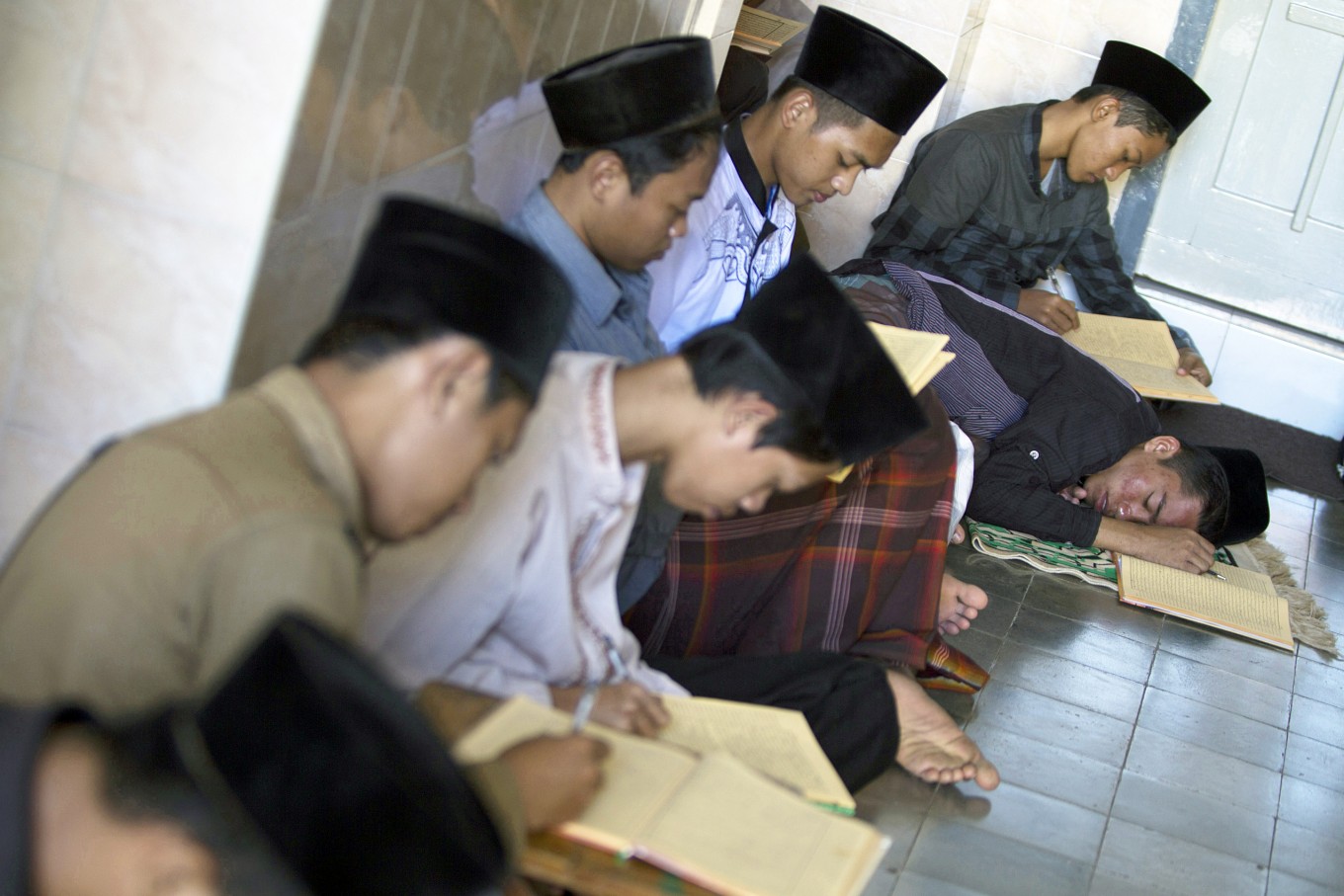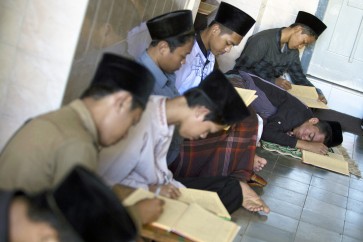Popular Reads
Top Results
Can't find what you're looking for?
View all search resultsPopular Reads
Top Results
Can't find what you're looking for?
View all search resultsStudy highlights vulnerability of Salafi ‘pesantren’ to radicalism
From their findings, the researchers highlighted several risk factors that could make pesantren susceptible to radicalism. Although all of the pesantren were against the use of violence, some Salafi schools were consistent in supporting the khilafah (Islamic State) system.
Change text size
Gift Premium Articles
to Anyone
A
s a Muslim majority country, Indonesia is home to more than 28,000 pesantren (Islamic boarding schools), which have produced many bright thinkers, politicians and even a president. On the other hand, a number of these schools have also seen some of their alumni become terrorists.
Convicted terrorist Abu Bakar Ba’asyir, for one, went to the renowned pesantren of Gontor in East Java. He was found guilty of funding a military training camp for terrorists in Aceh.
Islamic State (IS) ideologue Aman Abdurrahman, who is on death row, was also known as a bright student during his pesantren years in West Java. He is the leader of Jamaah Ansharud Daulah (JAD), an extremist network blamed for a string of recent terrorist attacks, including the 2018 Surabaya church bombings.
The apparent link between pesantren and terrorism in the country prompted researchers at the Center for the Study of Religion and Culture (CSRC) of Syarif Hidayatullah State Islamic University (UIN) along with CONVEY Indonesia to conduct a study on the resilience and vulnerability of pesantren to radicalism.
The qualitative study was conducted this year by interviewing 207 sources from 41 pesantren in Java, Aceh, South Kalimantan, West Nusa Tenggara and South Sulawesi.
The study looked into all three types of pesantren: traditionalist, the most common kind of pesantren numbering around 23,000 schools that are affiliated with the country's largest Islamic organization Nahdlatul Ulama; modernist, which are schools linked to groups such as Muhammadiyah, Persatuan Islam (Persis) and Al-Khairat; and schools based on Salafism.
From their findings, the researchers highlighted several risk factors that could make pesantren susceptible to radicalism. Although all of the pesantren were against the use of violence, some Salafi schools were consistent in supporting the khilafah (Islamic State) system.


















